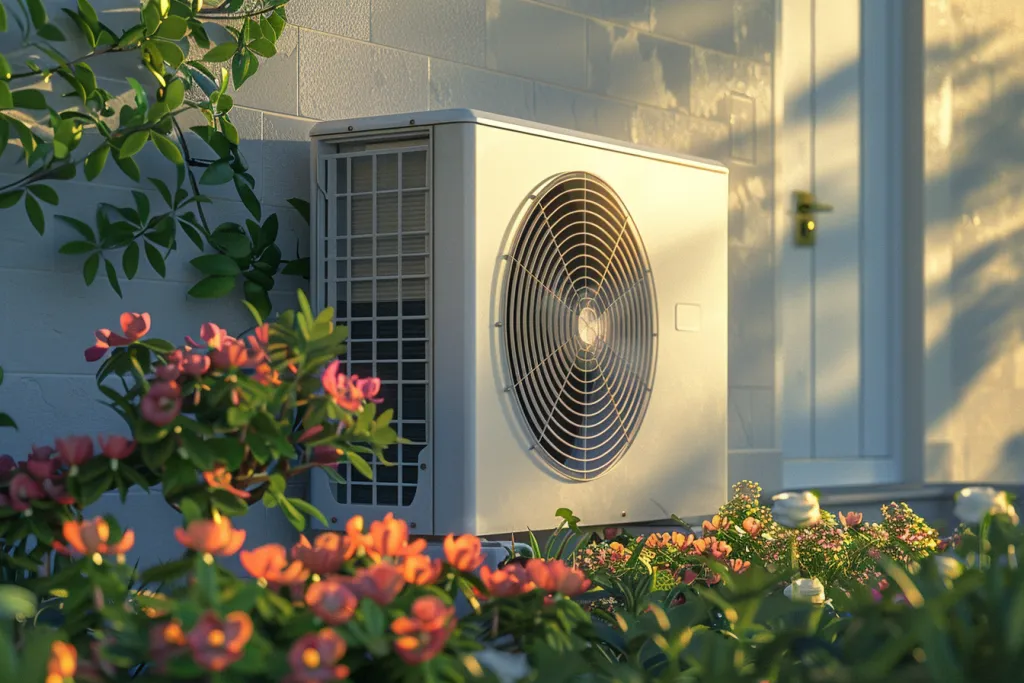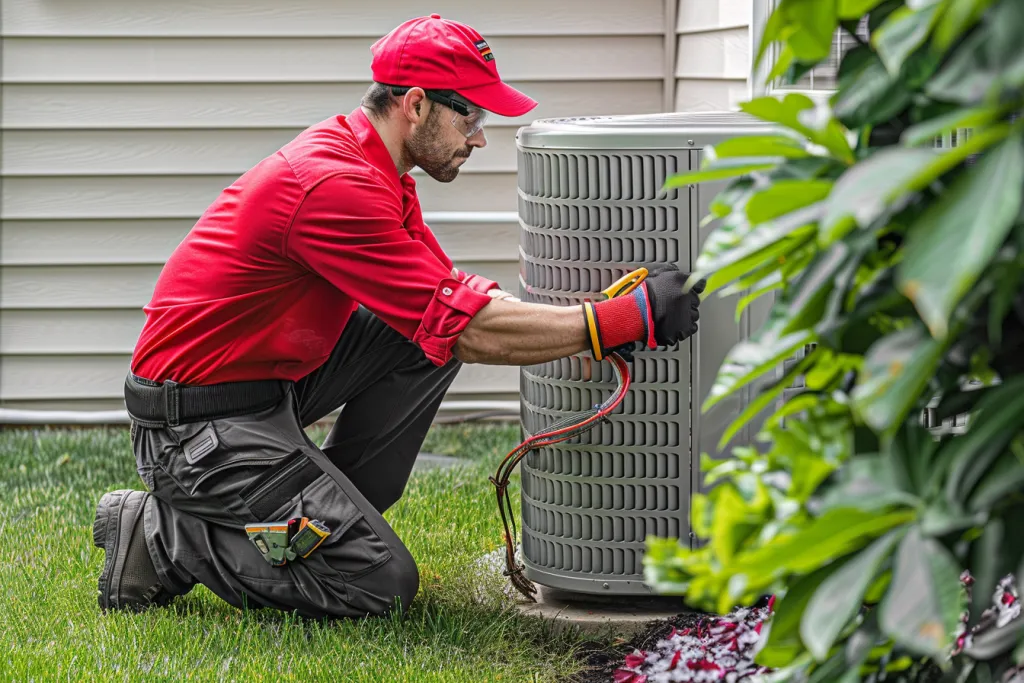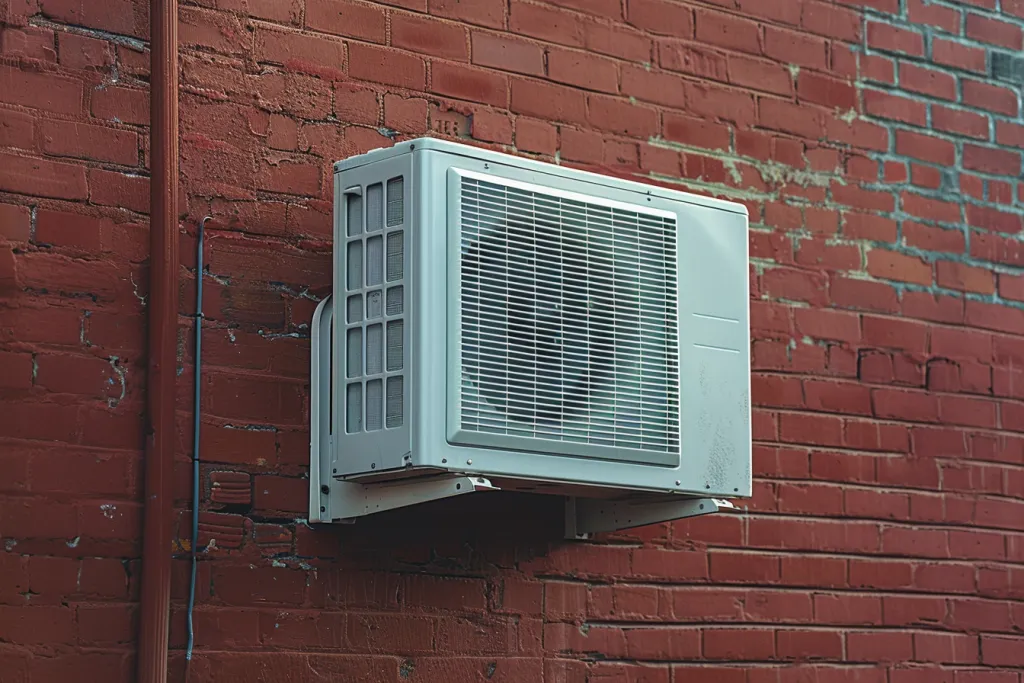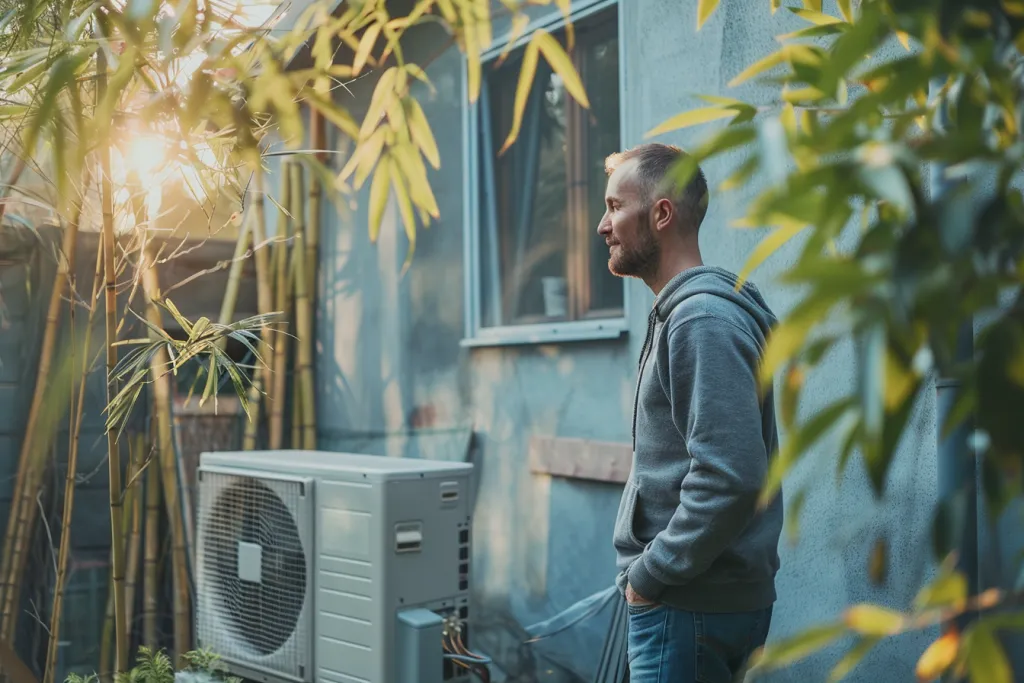In the quest for more sustainable and cost-effective home heating and cooling solutions, heat pumps have emerged as a significant player. These systems, known for their efficiency and versatility, have gained popularity for good reasons. This article delves into the essential aspects of heat pumps, covering their types, how they work, their environmental impact, cost-effectiveness, and maintenance tips. By unpacking these topics, we aim to provide a thorough understanding of heat pumps, empowering you to make informed decisions regarding your home’s heating and cooling needs.
Table of Contents:
– How heat pumps work
– Types of heat pumps and their applications
– The environmental impact of using heat pumps
– Analyzing the cost-effectiveness of heat pumps
– Maintenance tips for your heat pump
How heat pumps work

Heat pumps operate on a simple yet fascinating principle: they transfer heat rather than generate it. This process involves a refrigerant that cycles through the system, absorbing heat from one place and releasing it in another. During winter, a heat pump extracts heat from the outdoor air or ground and transfers it indoors. Conversely, in summer, it reverses the process, removing heat from your home to cool it down. This dual functionality makes heat pumps an incredibly efficient solution for both heating and cooling.
The heart of a heat pump system is the compressor, which plays a critical role in the refrigerant’s cycle. The compressor increases the refrigerant’s pressure, raising its temperature. This high-temperature gas then travels through a series of coils, releasing its heat indoors. The refrigerant, now cooler but still under pressure, passes through an expansion valve, reducing its pressure and temperature further before absorbing heat from the outside air and repeating the cycle.
Understanding the mechanics of heat pumps is crucial for appreciating their efficiency. By leveraging the existing heat in the environment, they require significantly less energy than systems that generate heat directly, such as furnaces or electric heaters. This efficiency not only reduces energy consumption but also lowers utility bills, making heat pumps a smart choice for savvy homeowners.
Types of heat pumps and their applications

There are several types of heat pumps, each suited to different needs and environments. The most common types are air-source, ground-source (also known as geothermal), and water-source heat pumps.
Air-source heat pumps are the most widely used type. They are known for their ease of installation and ability to provide efficient heating and cooling in most climates. However, their efficiency can decrease in extremely cold temperatures, making them less suitable for areas with harsh winters.
Ground-source heat pumps, while more expensive and complex to install, offer unparalleled efficiency. By tapping into the stable temperature of the ground, they can operate efficiently even in the coldest weather. This type of heat pump is ideal for homeowners willing to invest in a long-term solution that offers significant savings over time.
Water-source heat pumps, though less common, provide another efficient option for properties near a body of water. These systems use water as a heat exchange medium, offering an efficient and reliable source of heating and cooling.
The environmental impact of using heat pumps

One of the most compelling reasons to consider a heat pump is its positive environmental impact. By utilizing ambient heat from the air, ground, or water, heat pumps significantly reduce greenhouse gas emissions compared to traditional heating and cooling systems. This reduction is crucial in the fight against climate change, as it helps decrease the reliance on fossil fuels and lowers carbon footprints.
Moreover, modern heat pumps are designed to be highly efficient, further enhancing their environmental benefits. High-efficiency models can convert every unit of electricity into multiple units of heating or cooling, making them a sustainable choice for eco-conscious homeowners.
The transition to heat pumps also aligns with global efforts to reduce energy consumption and promote renewable energy sources. As electricity generation becomes greener through the increased use of wind, solar, and hydroelectric power, the environmental advantages of using heat pumps will only grow, making them a key component of a sustainable future.
Analyzing the cost-effectiveness of heat pumps

While the initial investment in a heat pump system can be higher than traditional heating and cooling solutions, the long-term savings are significant. Heat pumps offer an excellent return on investment through reduced energy bills, thanks to their high efficiency.
The cost-effectiveness of a heat pump depends on various factors, including the type of system, the climate in which it operates, and the energy prices in your area. However, many homeowners find that the savings on utility bills can offset the initial cost within a few years.
Incentives and rebates offered by governments and utility companies can also help reduce the upfront cost of installing a heat pump. These programs are designed to encourage the adoption of energy-efficient technologies and can make heat pumps an even more attractive option.
Maintenance tips for your heat pump

Proper maintenance is key to ensuring your heat pump operates efficiently and lasts as long as possible. Regularly checking and replacing the air filter is one of the simplest yet most effective ways to maintain your system. A clean filter ensures optimal airflow, which is essential for efficiency.
Scheduling annual professional maintenance is also crucial. A qualified technician can check the system’s components, clean coils, check refrigerant levels, and identify any potential issues before they become major problems.
Lastly, keeping the outdoor unit clear of debris, snow, and ice can help maintain your heat pump’s efficiency. Ensuring there’s adequate space around the unit allows for proper air circulation, which is vital for efficient operation.
Conclusion:
Heat pumps offer a versatile, efficient, and environmentally friendly solution for heating and cooling your home. By understanding how they work, the different types available, and their benefits, homeowners can make informed decisions that align with their needs, values, and budget. Proper maintenance further enhances the efficiency and longevity of these systems, making them a smart investment for a sustainable future.




